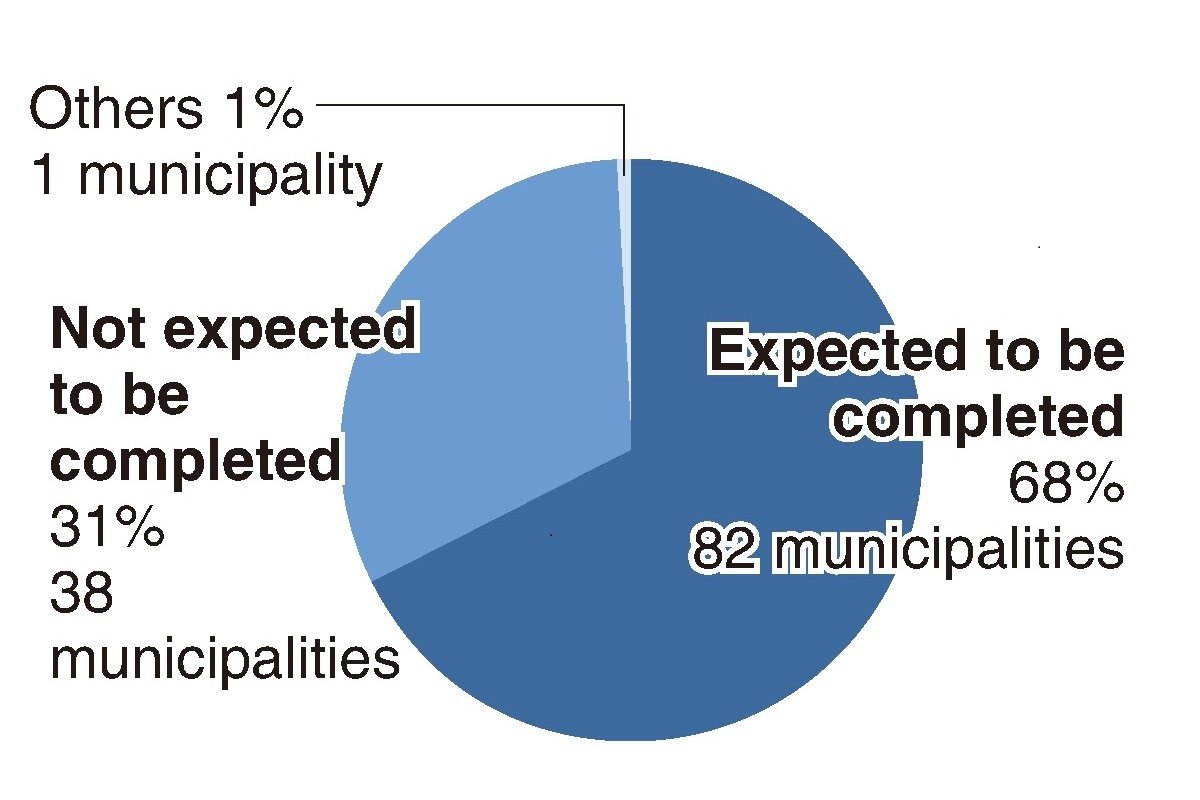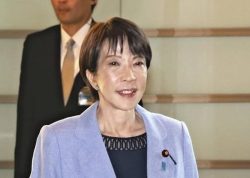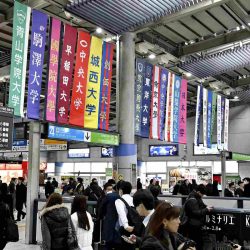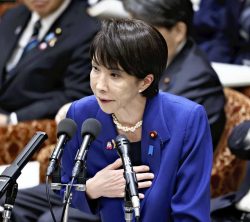30% of Local Govts Face Hurdles in Migrating Systems to Govt Cloud Service by end of FY25

Estimated system migration by March’26 for each municipality
17:49 JST, December 4, 2023
About 30% of 121 local governments will not be able to fully migrate their data systems to the central government’s cloud service by the end of fiscal 2025 — the government’s target year — according to a Yomiuri Shimbun survey.
The problems come against a backdrop of time-consuming transition work and a lack of digital-savvy personnel. Claiming high costs, a number of municipalities have been calling for their respective burdens to be lightened, and it appears further support from the central government may be required.
The survey was conducted in mid-November on prefectural governments, prefectural capital cities, ordinance-designated cities nationwide and Tokyo’s 23 ward governments.
The government’s cloud service plan involves transferring resident information held by more than 1,700 local governments nationwide to a common digital infrastructure for national and local use. Through system integration and joint operation, improvements are expected in terms of reduced costs and operational efficiency.
Among local government operations, a total of 20 areas, including basic resident registers and national pensions, have been earmarked for migration to the government’s central cloud.
Sakura Internet Inc., an Osaka-based firm, was recently chosen by the Digital Agency as the first Japanese government cloud provider in addition to four major U.S. companies: Amazon.com Inc., Google LLC, Microsoft Corp. and Oracle Corp.
In 2021, the central government required local governments to align the specifications of their data and operation systems based on a related law. Until now, residents’ information has been separately managed by each municipality. The central government, in principle, plans to transit these local systems to the government cloud by March 2026, obliging local governments to make efforts to that end.
Asked whether they planned to migrate to the government cloud, 90% of 121 local governments said they would do so, while nine municipalities, including Fukui, Kitakyushu and Tokyo’s Minato Ward, said they had not decided yet.
The Fukui city government explained that the current system would be cheaper, while the Minato ward office answered that they planned to consider the matter carefully, considering costs, performance and risks before deciding.
Regarding the transition period, 38 local governments such as Saitama, Yokohama and Kobe said they will not complete migration by the end of fiscal 2025. The Oita prefectural government said it would be very difficult to migrate in such a short period. The Osaka city government, meanwhile, explained that migration work would be slow as a limited number of companies have been requested to migrate the systems of many local governments.
As for the challenges faced by local governments (with multiple responses allowed), the most common response was a heavy financial burden (92 municipalities), followed by a heavy workload (64) and difficulty in securing digital experts (45).
On transition costs, the association of core city mayors surveyed all 62 core cities from August to September, and noted that the total cost for migration would be five times higher than the national subsidy ceiling for these cities, with an average shortfall of ¥1.48 billion for each municipality. The Mayors Association of Designated Cities also called for more financial support, claiming that the total cost would be about 3 to 16 times higher than the ceiling for each municipality.
In response to the requests, the central government plans to increase subsidies and has included ¥516.3 billion in the fiscal 2023 supplementary budget. The central government has also decided to loosen the transition deadline if local governments are unable to meet it due to a shortage of professionals with digital skills.
"Politics" POPULAR ARTICLE
-

Japan to Support Central Asian Logistics Route That Bypasses Russia, Plan to Be Part of Upcoming Summit in Tokyo
-

Japan to Tighten Screening of Foreigners’ Residential Status by Providing Information of Nonpayment of Taxes
-

Chinese, Russian Bombers Flew Unusual Path by Heading Toward Tokyo; Move Likely Meant to Intimidate Japan
-

Japan Plans National Database to Track Foreign Ownership of Real Estate, Land as It Weighs New Rules
-

Up to 199,000 Deaths Estimated From Mega-Tsunami; Most Recent Occurrence Took Place in 17th Century
JN ACCESS RANKING
-

Tokyo Economic Security Forum to Hold Inaugural Meeting Amid Tense Global Environment
-

Keidanren Chairman Yoshinobu Tsutsui Visits Kashiwazaki-Kariwa Nuclear Power Plant; Inspects New Emergency Safety System
-

Imports of Rare Earths from China Facing Delays, May Be Caused by Deterioration of Japan-China Relations
-

University of Tokyo Professor Discusses Japanese Economic Security in Interview Ahead of Forum
-

Japan Pulls out of Vietnam Nuclear Project, Complicating Hanoi’s Power Plans



-250x167.jpg)





















